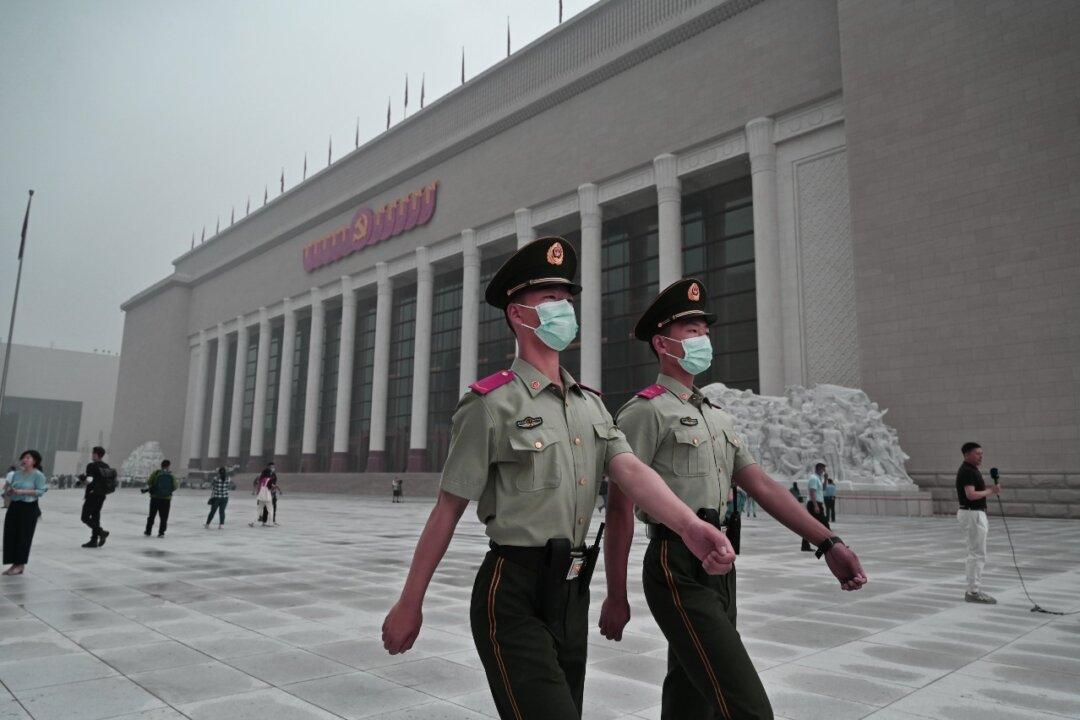The Chinese regime has the “world’s most elaborate and pervasive” censorship system, regulating what its citizens are saying at home. In the past decade, Beijing’s censorship has increasingly gone global, posing a significant challenge to American interests, according to a new congressional report.
The Chinese Communist Party (CCP) has doubled down its efforts to stifle the spread of opinions and narratives it deems harmful to its interests all over the world, according to a report by the U.S.-China Economic and Security Review Commission (USCC), released on Feb. 20.




